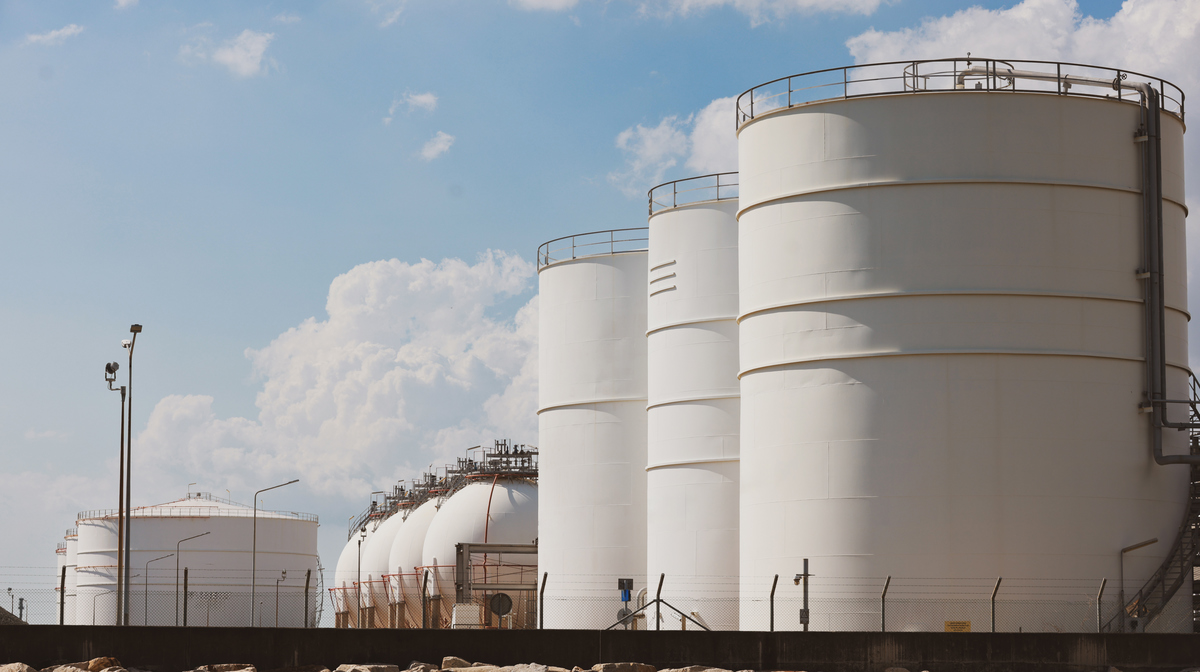World oil demand to grow until 2050 – IEA
Global oil demand is expected grow until 2050, the International Energy Agency (IEA) said, marking a shift from its earlier outlook that anticipated a faster move away from fossil fuels.
 IMAGE: Getty Images
IMAGE: Getty Images
The shift in stance comes after recent criticism from the Donald Trump-led US administration over the Paris-headquartered agency’s focus on net-zero GHG emission goals.
Based on the existing government policies scenario, oil demand is expected to hit 113 million b/d by mid-century, up around 13% from 2024 consumption, the IEA projected in its World Energy Outlook (WEO) 2025.
Demand for oil rises mainly due to its increased use in emerging market and developing economies for road transport, petrochemical feedstocks, and aviation, the IEA said.
The US is projected to remain the world’s largest oil producer through to 2050, but production of the OPEC+ coalition in 2050 is expected to be 15% higher than at any point in history, the agency said.
“Oil markets look well supplied in the near term, thanks to a quintet of producers in the Americas – the United States, Canada, Guyana, Brazil and Argentina,” the IEA added.
Meanwhile, in its stated policies scenario, which factors in measures that are not yet fully implemented, the IEA expects oil demand to peak around 2030. The variation in outlooks largely stems from differing assumptions about the pace of electric vehicle (EV) adoption.
Net-zero dream takes a backseat
The IEA has faced mounting pressure from Washington over its increasing emphasis on clean energy policies in recent years, as the current Trump-government continues to urge US firms to ramp up oil production.
Under the Biden administration, the agency forecast that global oil demand would peak before 2030 and argued that achieving net-zero emissions by mid-century would require halting investments in new projects.
The energy watchdog has warned that the world is unlikely to meet its target of limiting global temperature rise to 1.5°C above pre-industrial levels – the threshold scientists say is crucial to avoid the most severe impacts of climate change.
By Aparupa Mazumder
Please get in touch with comments or additional info to news@engine.online





